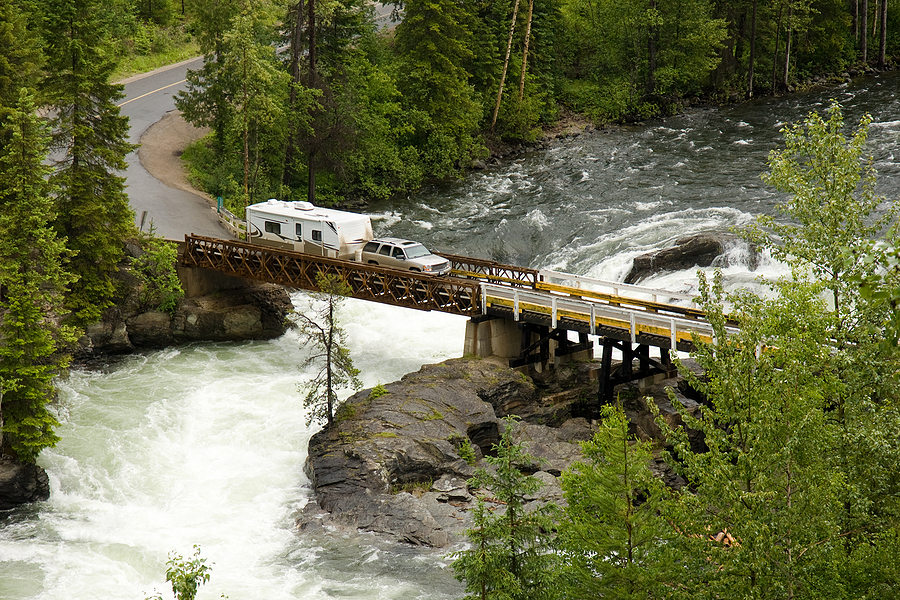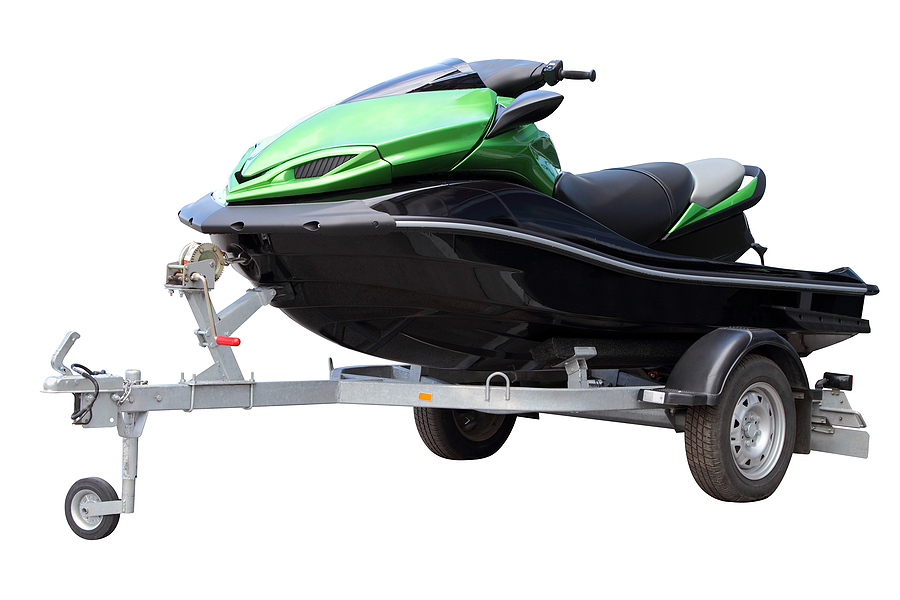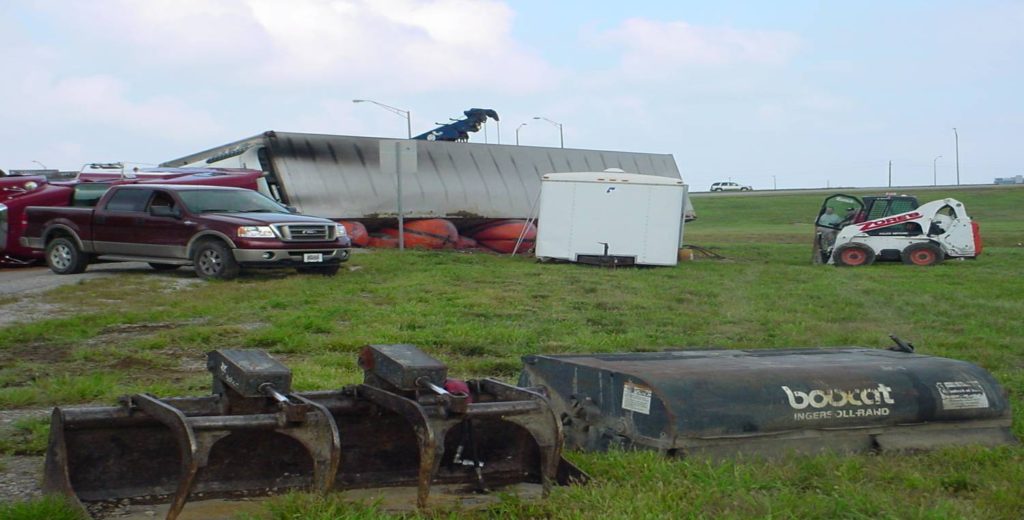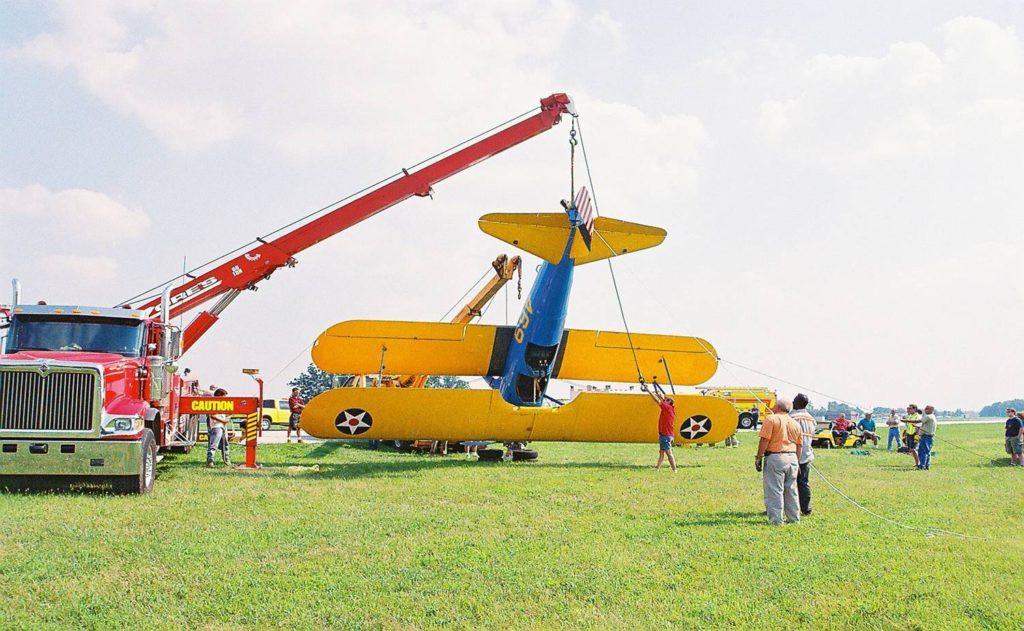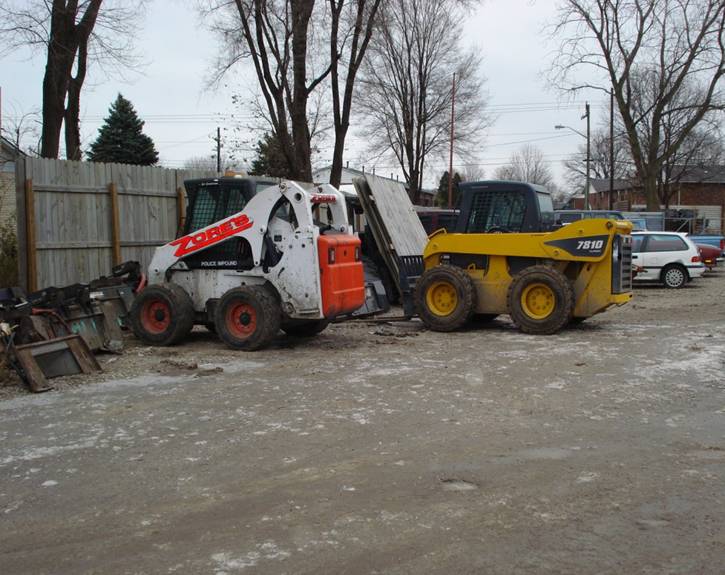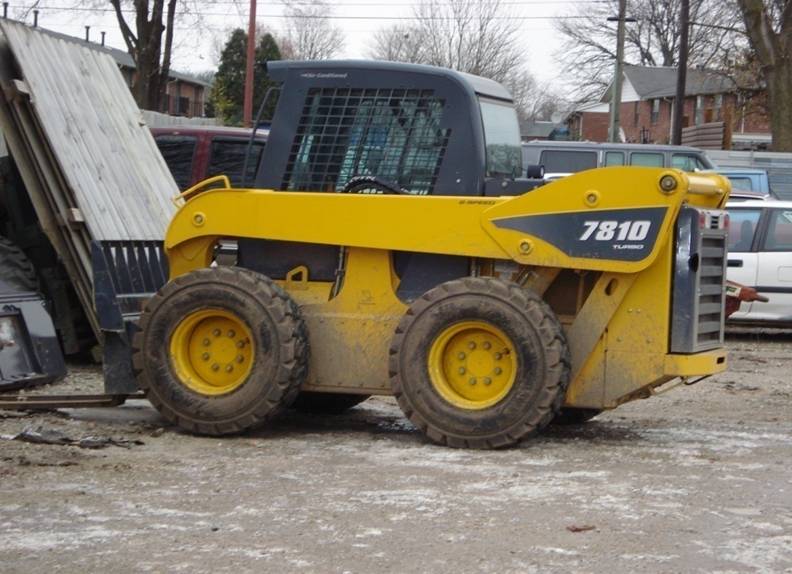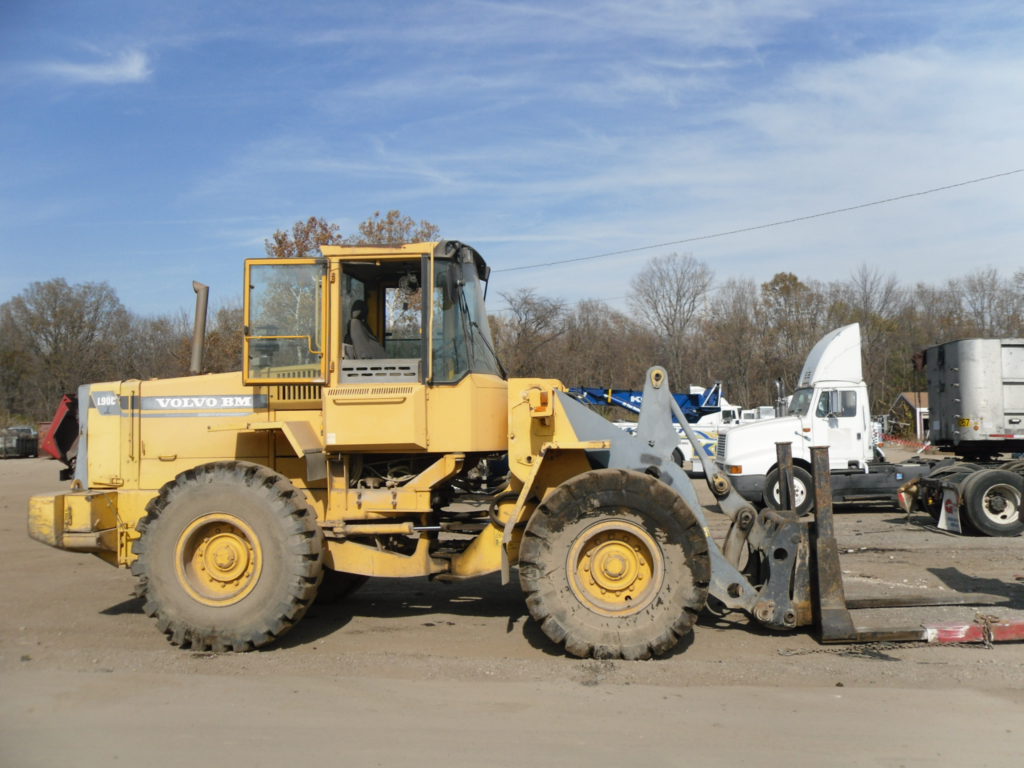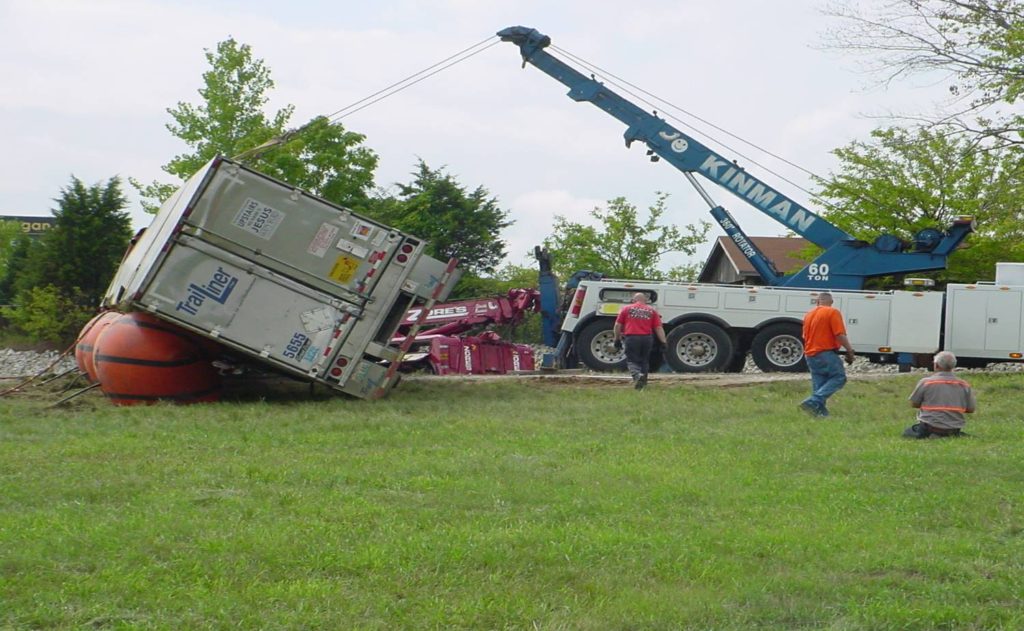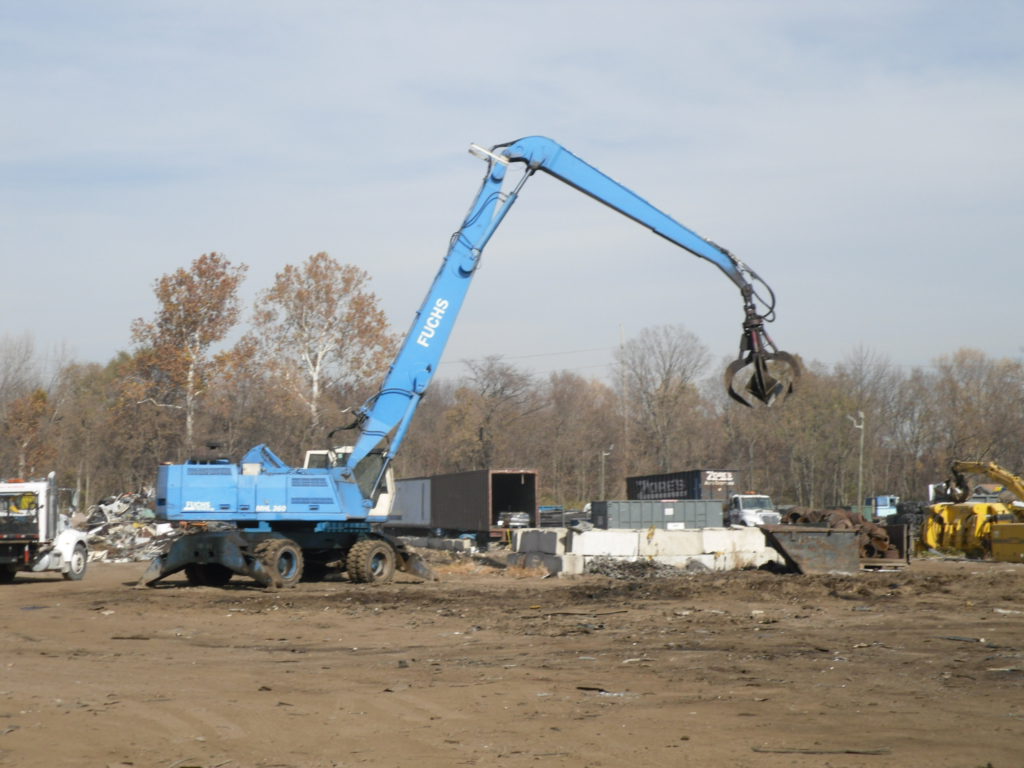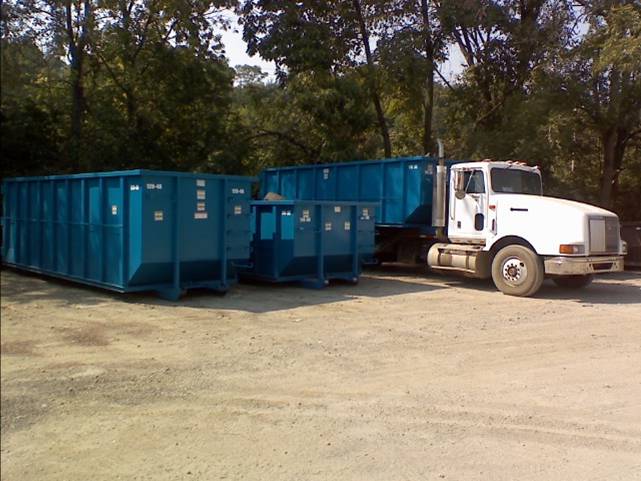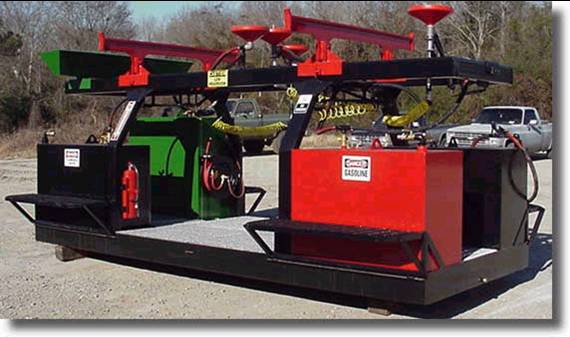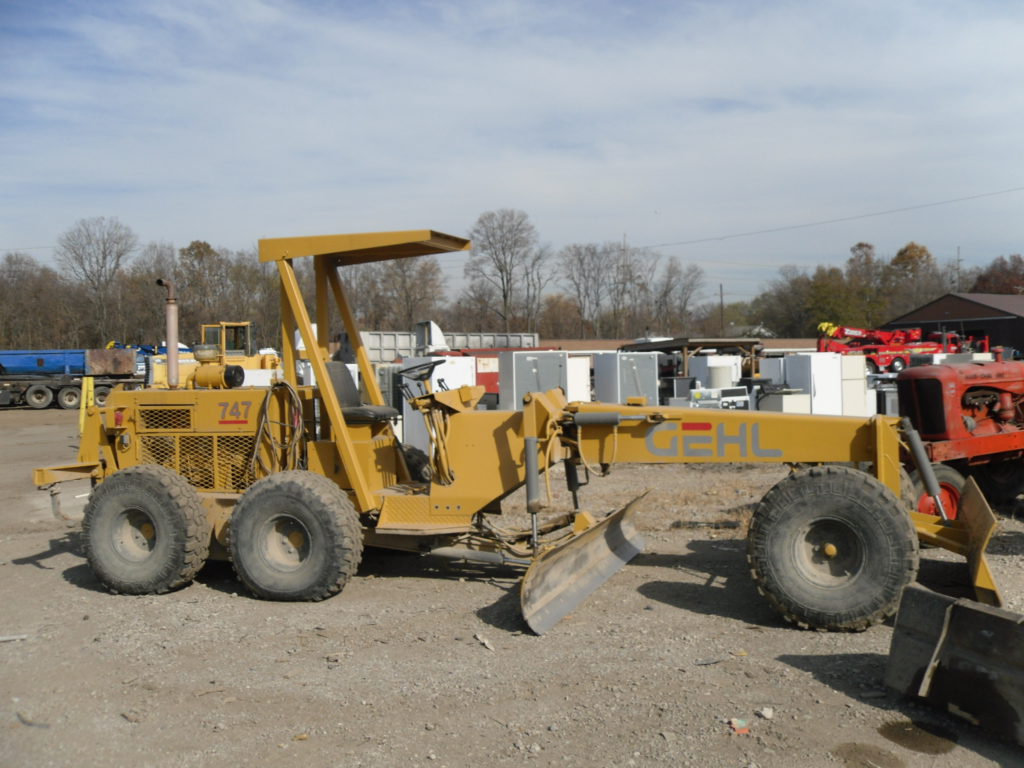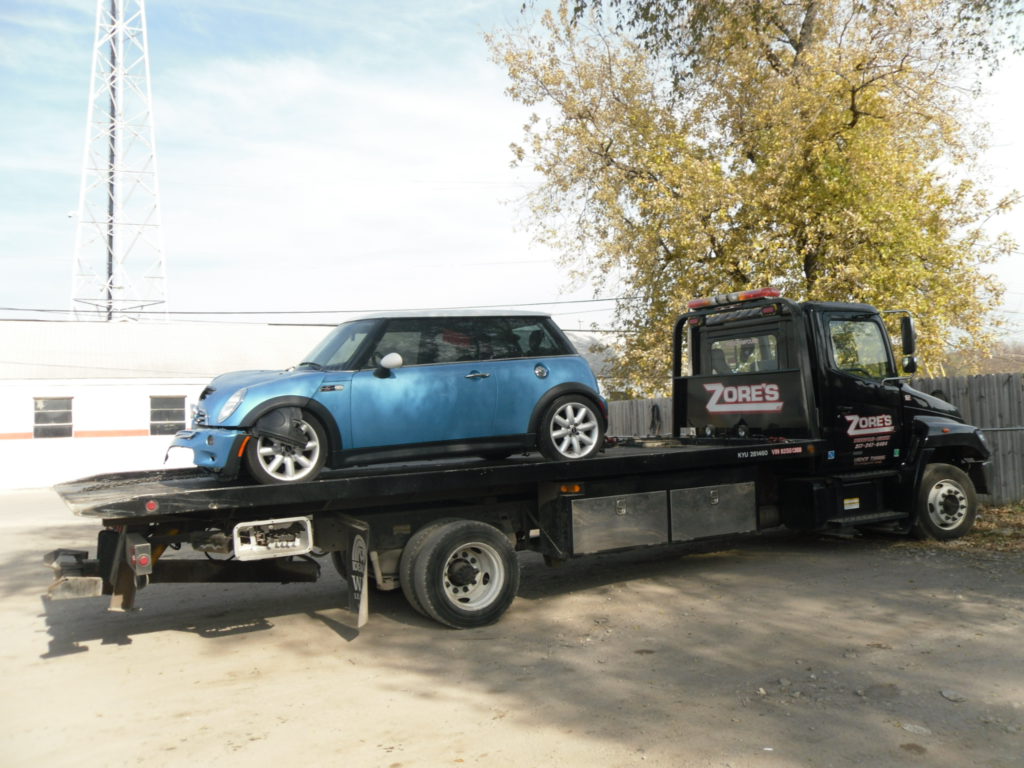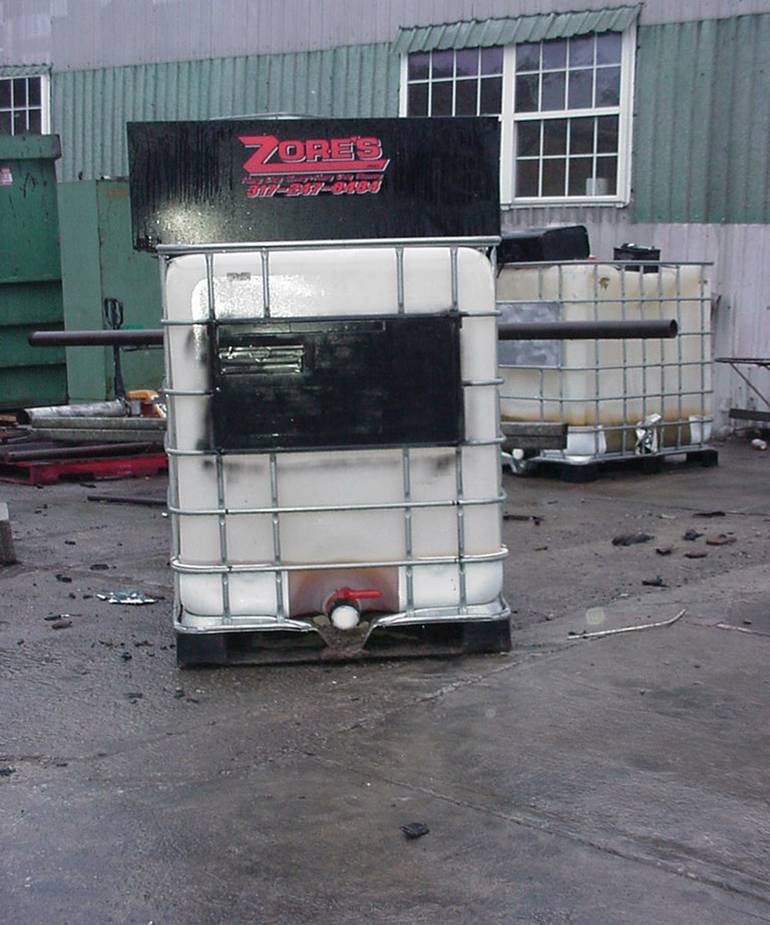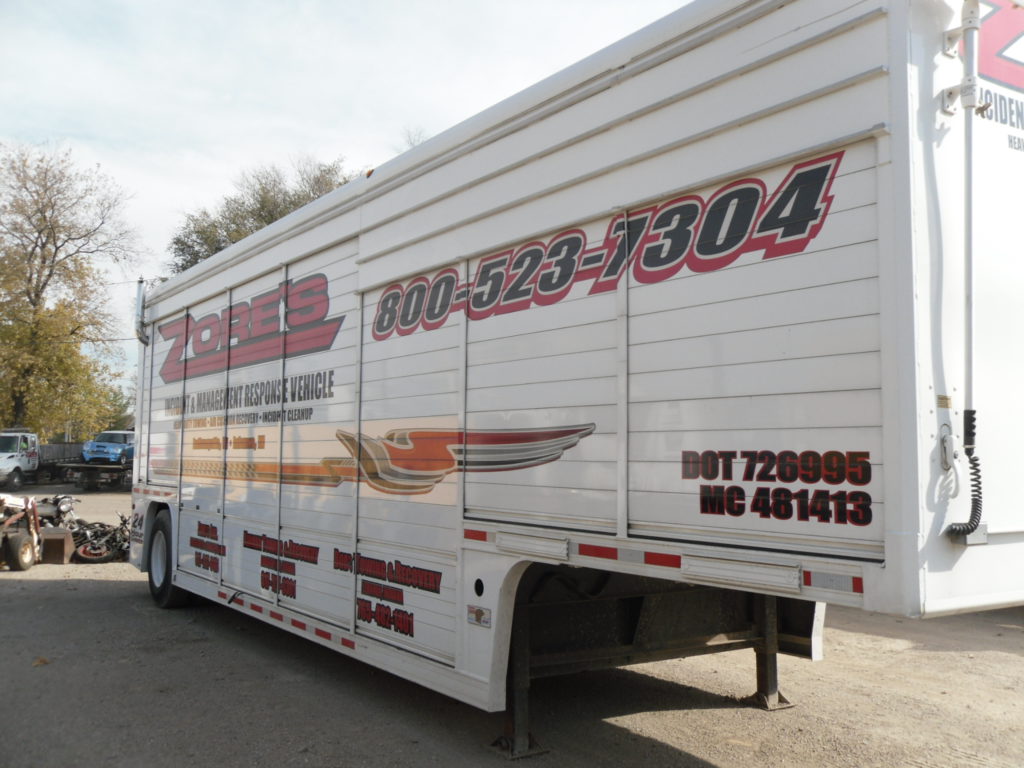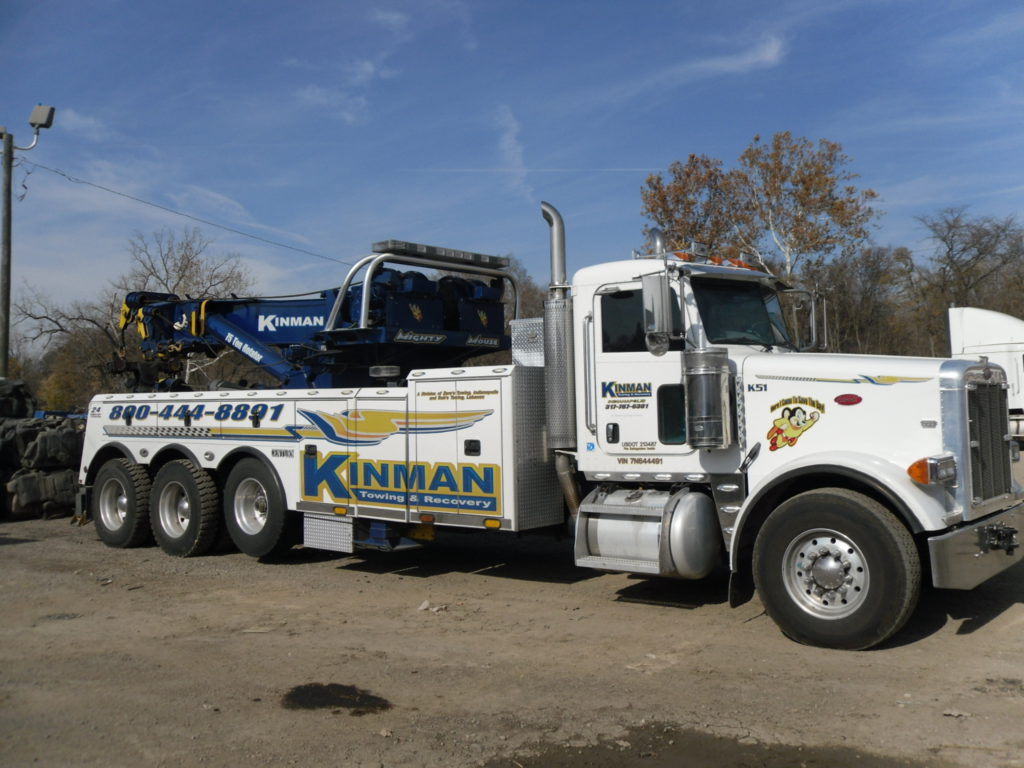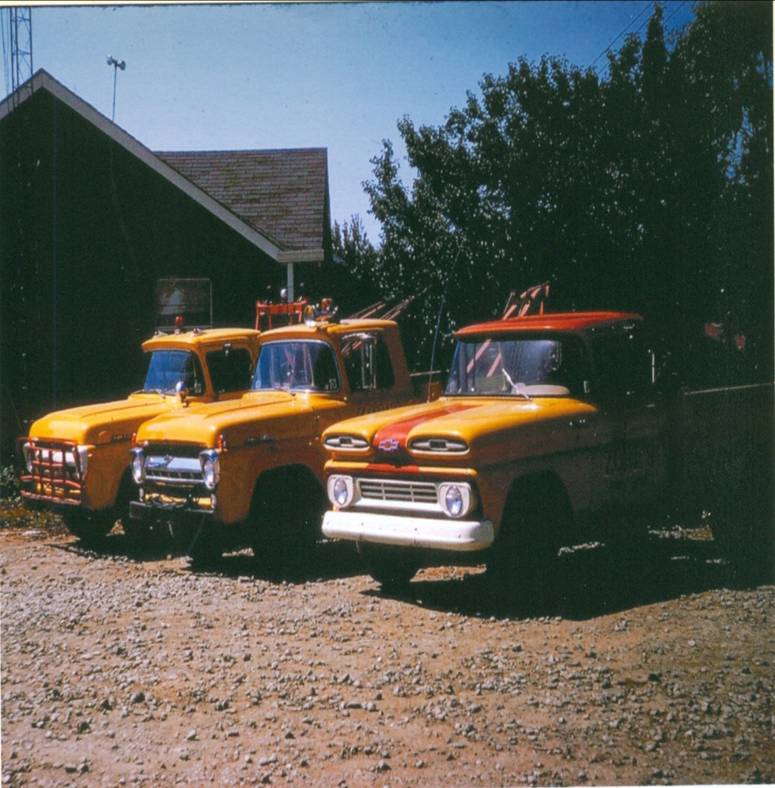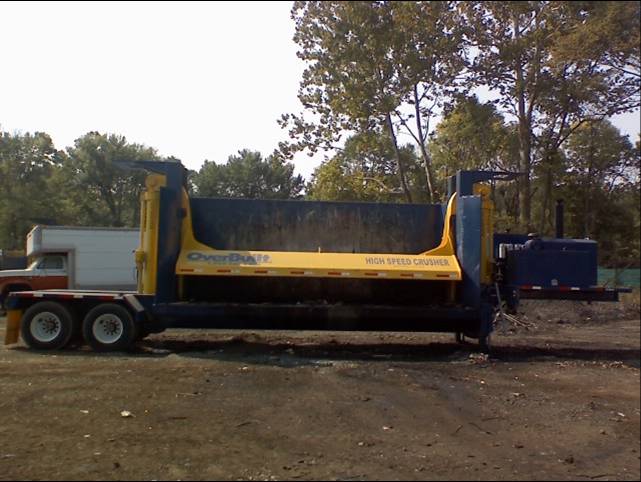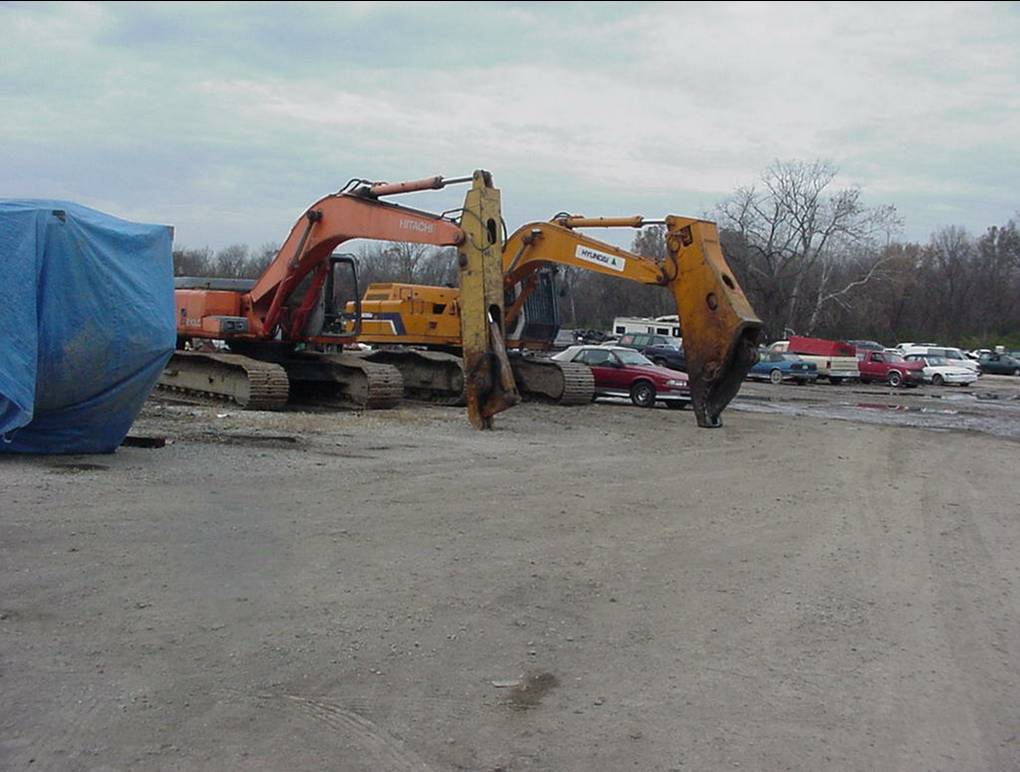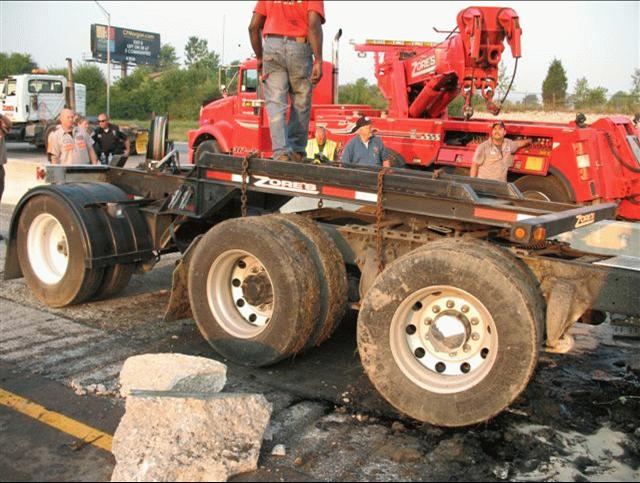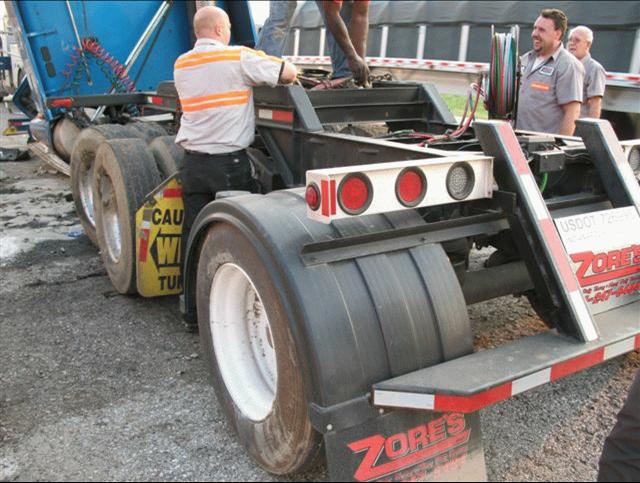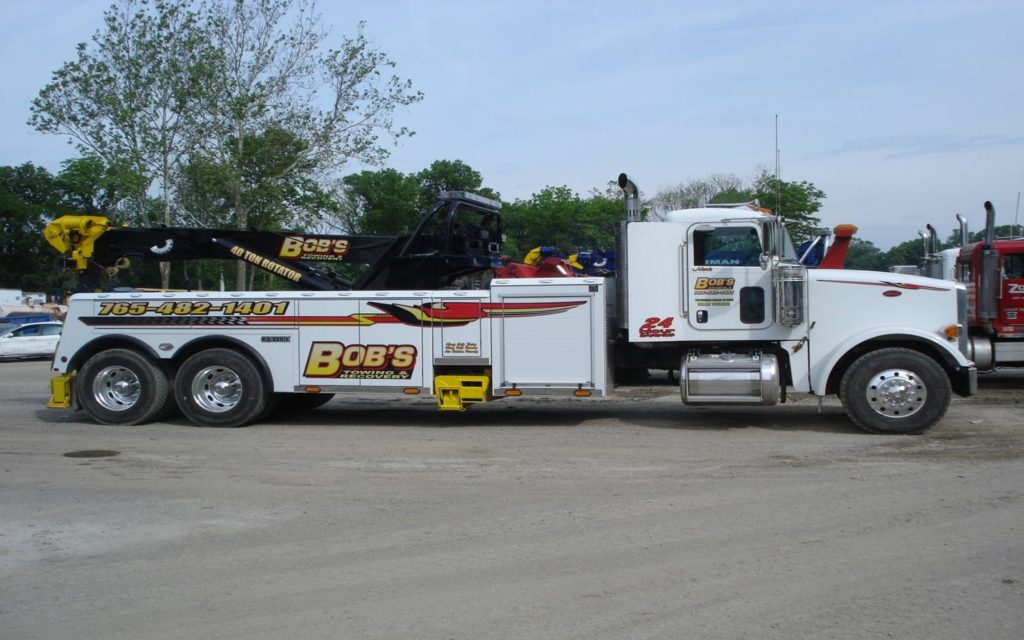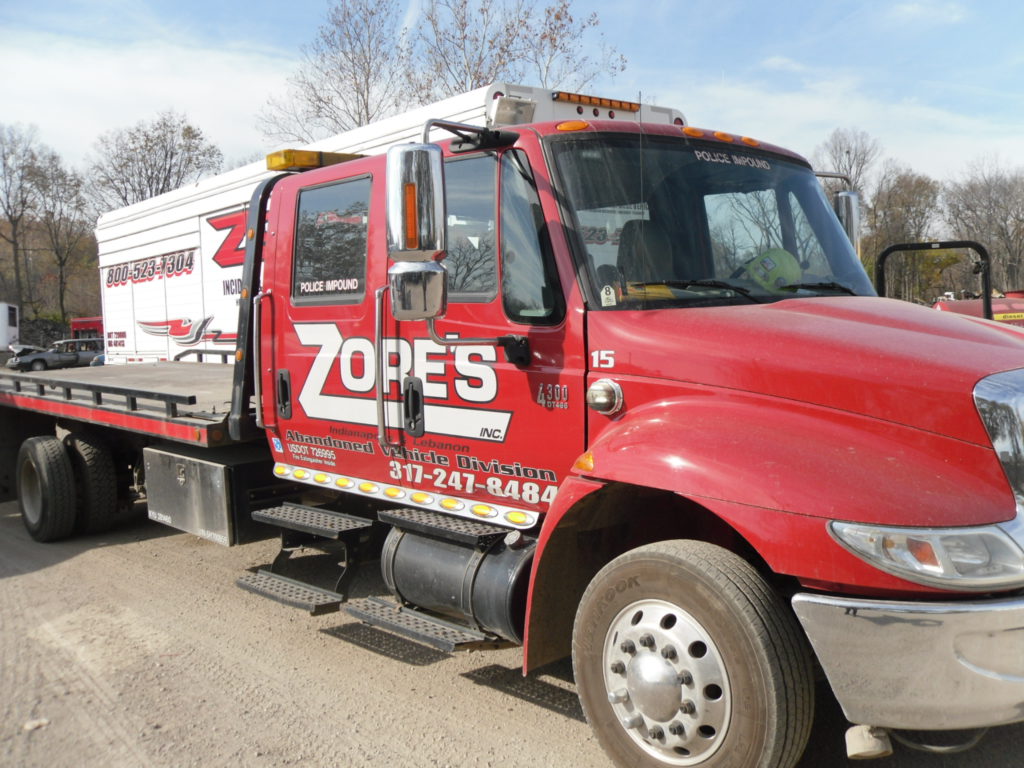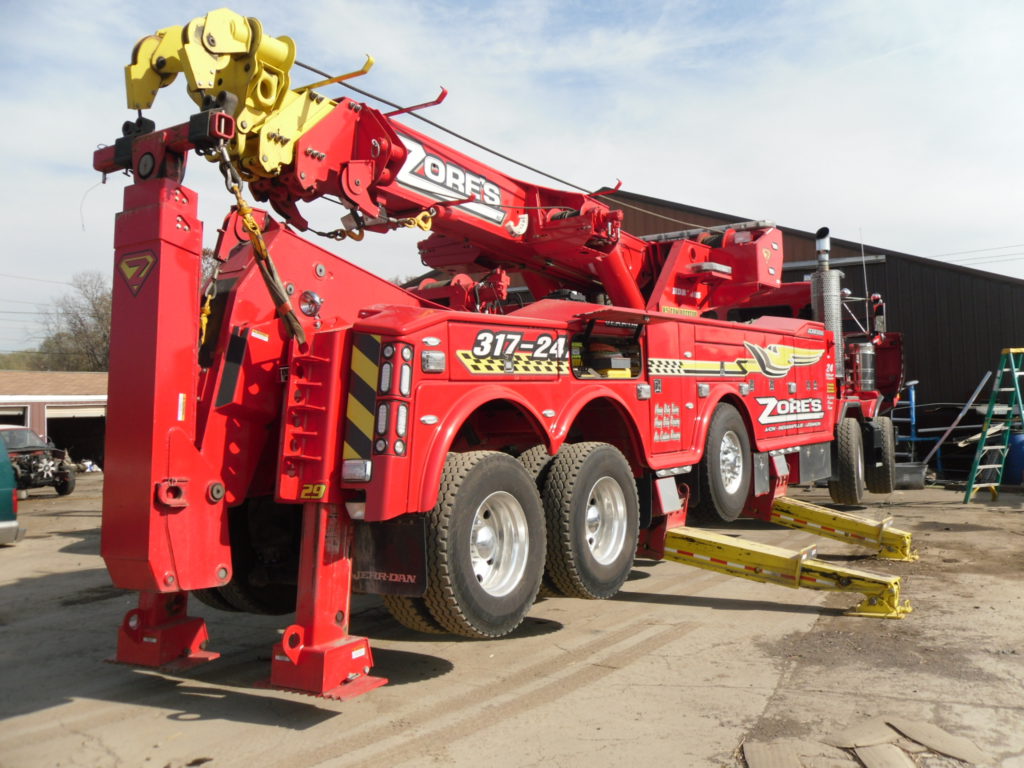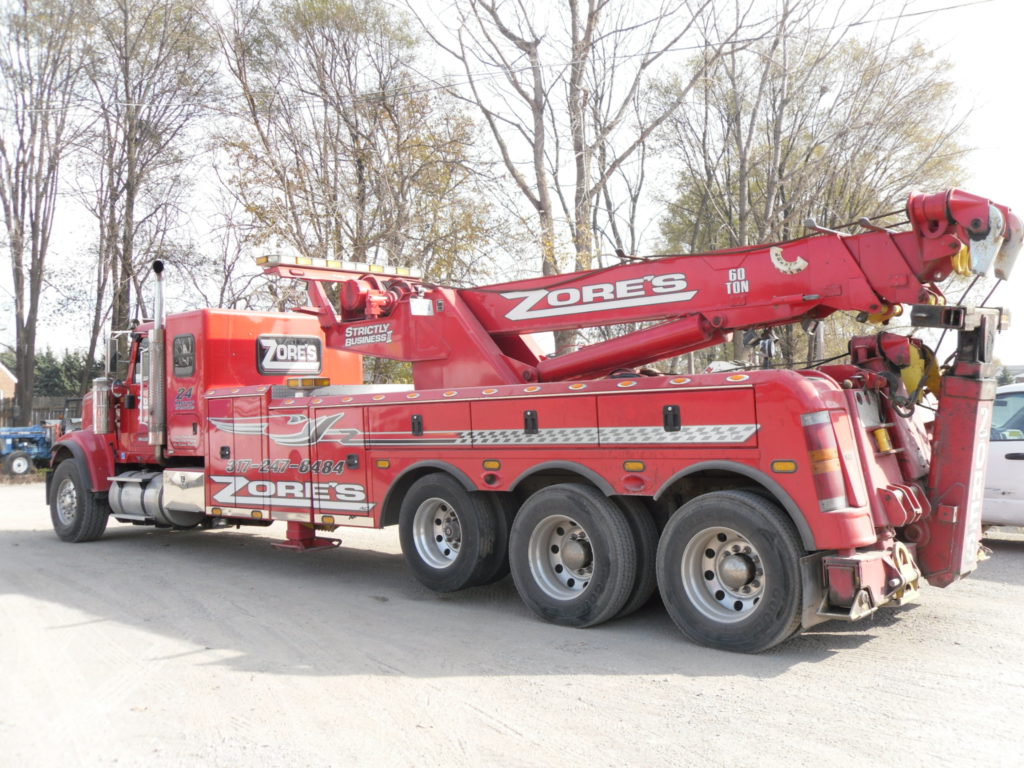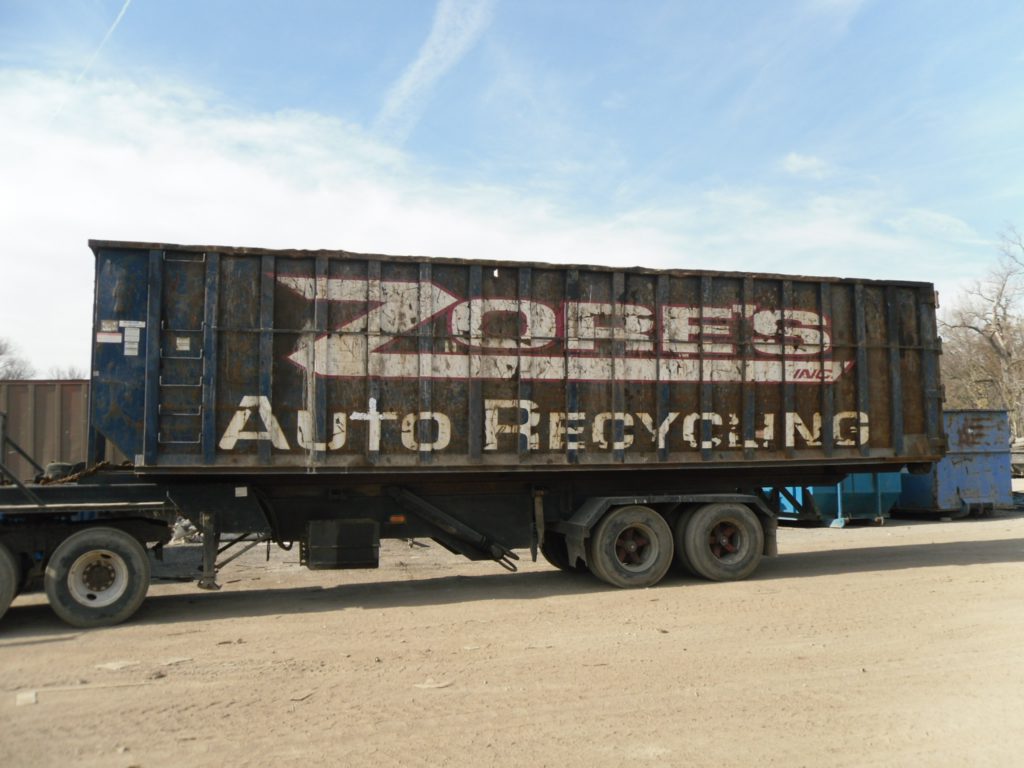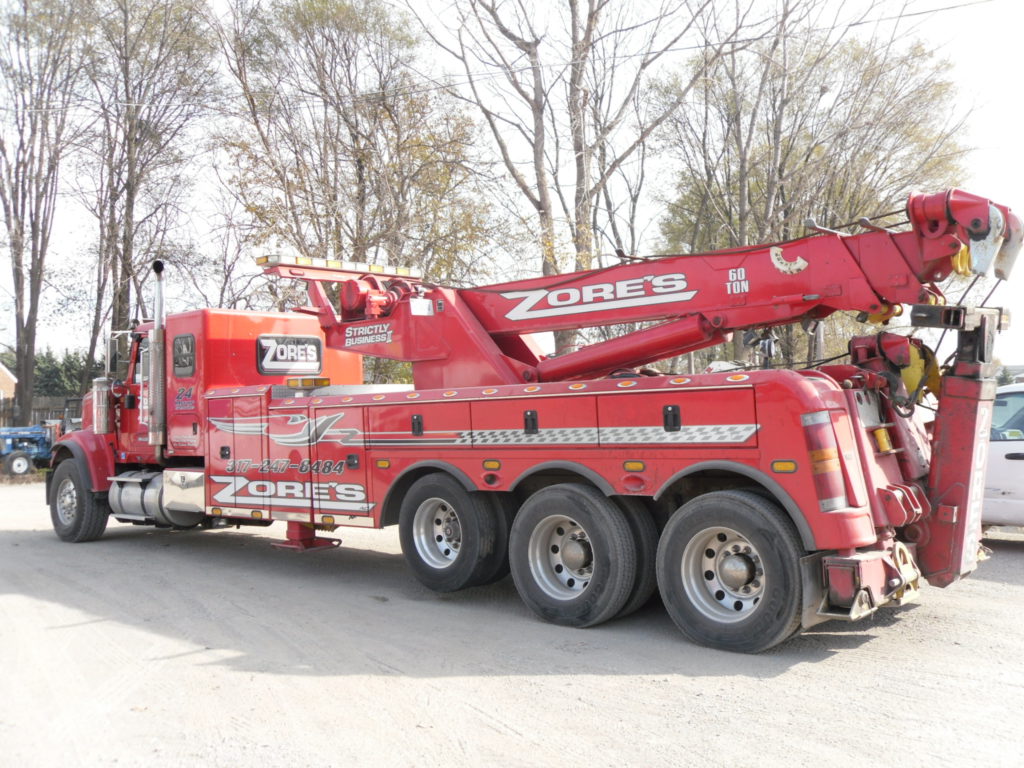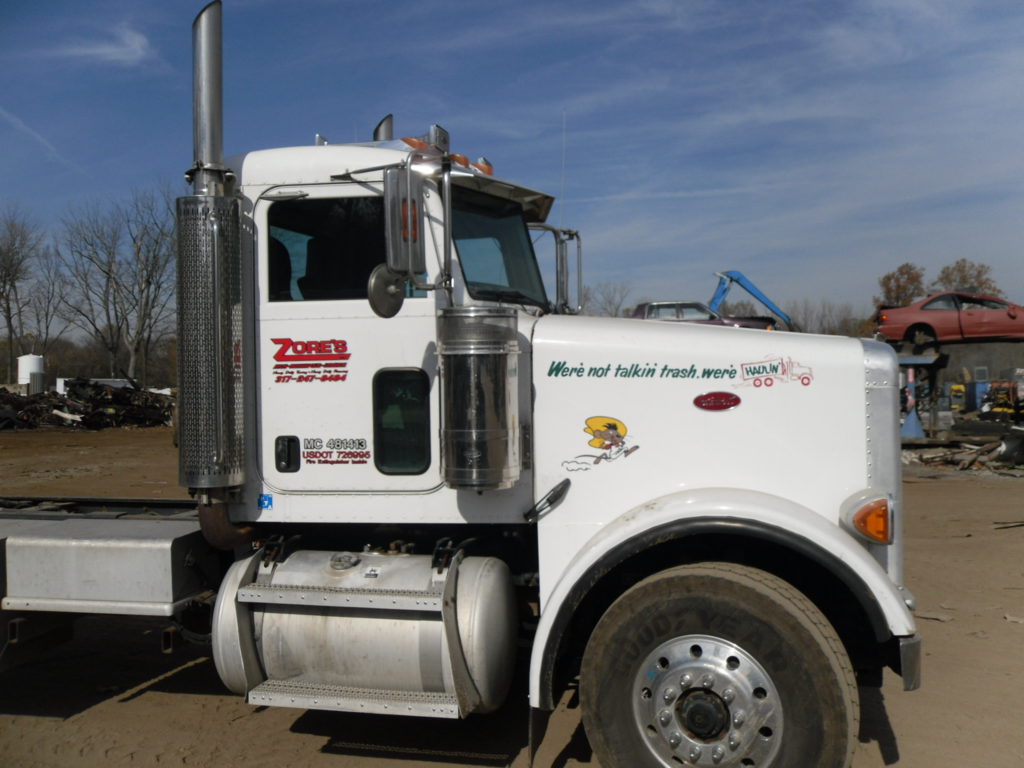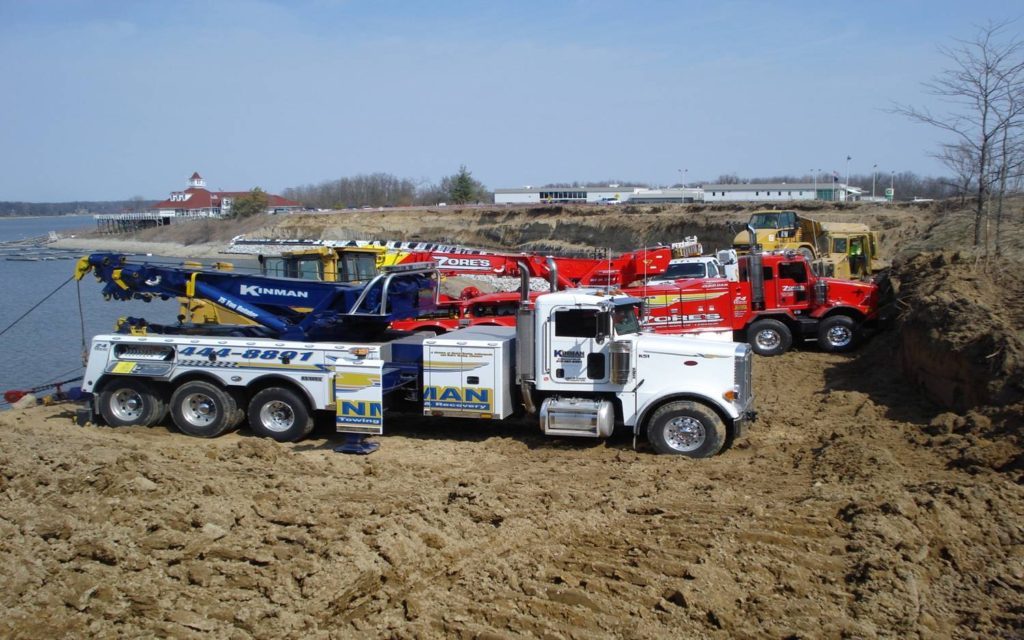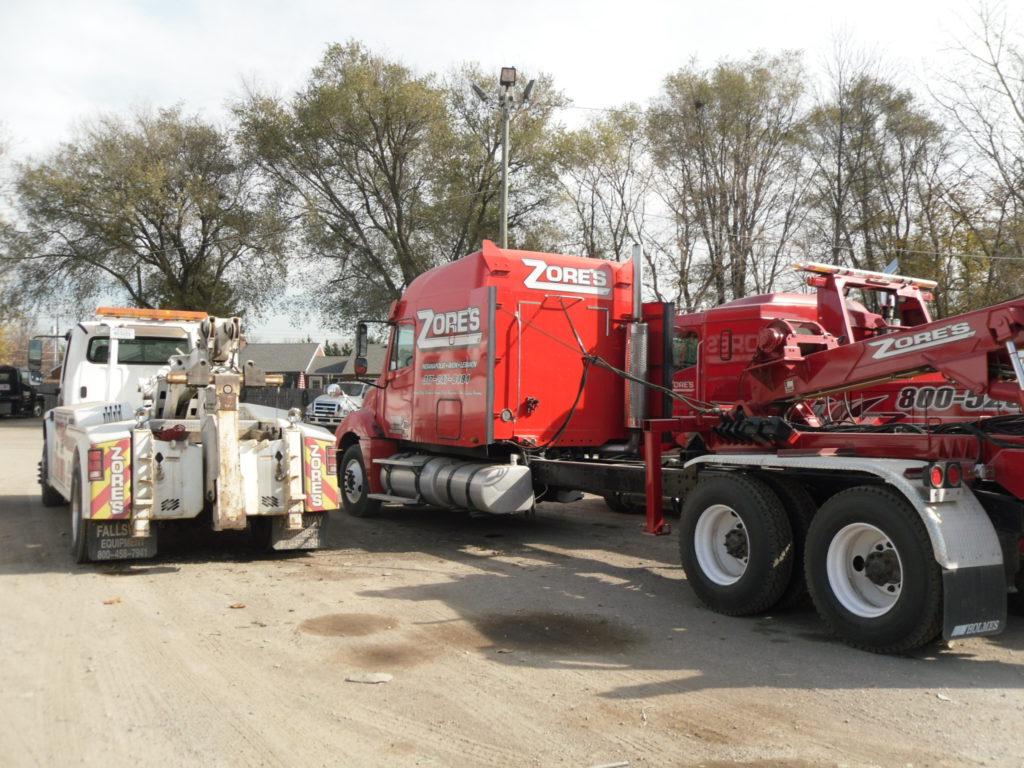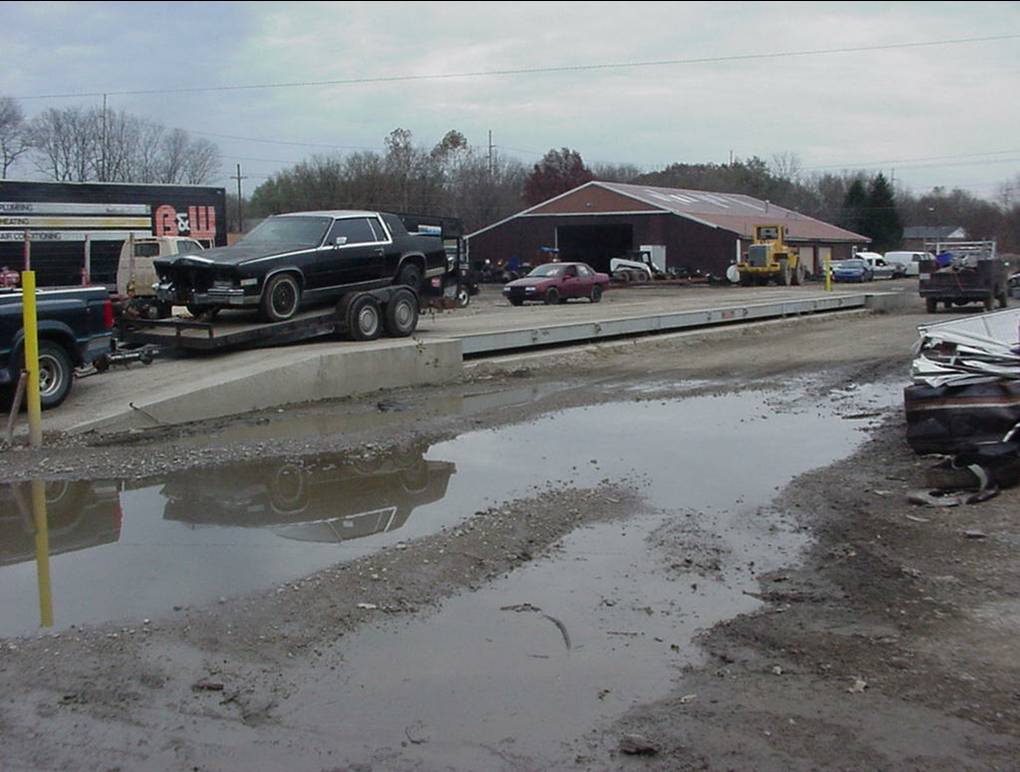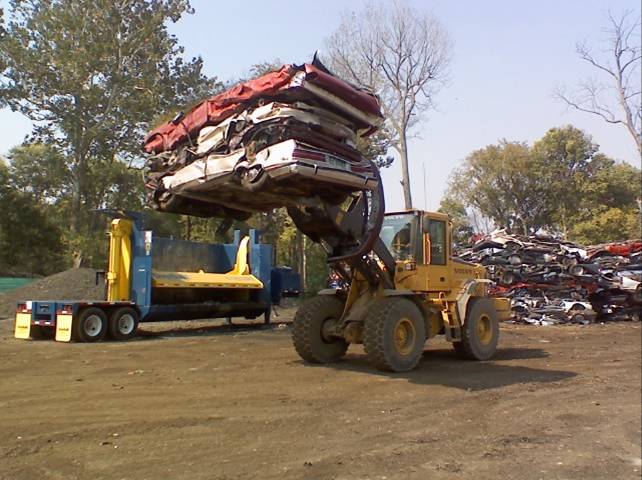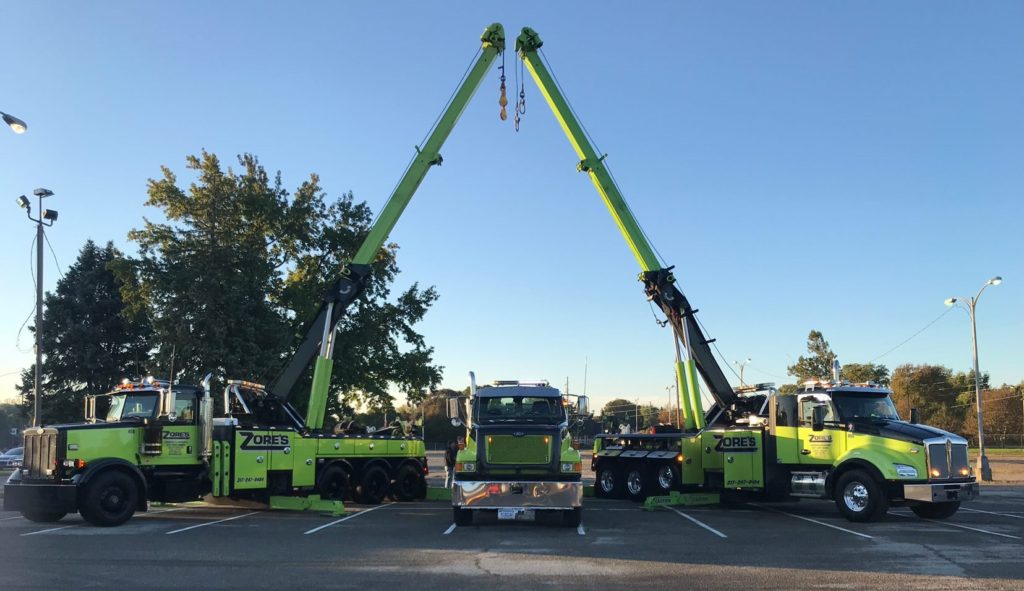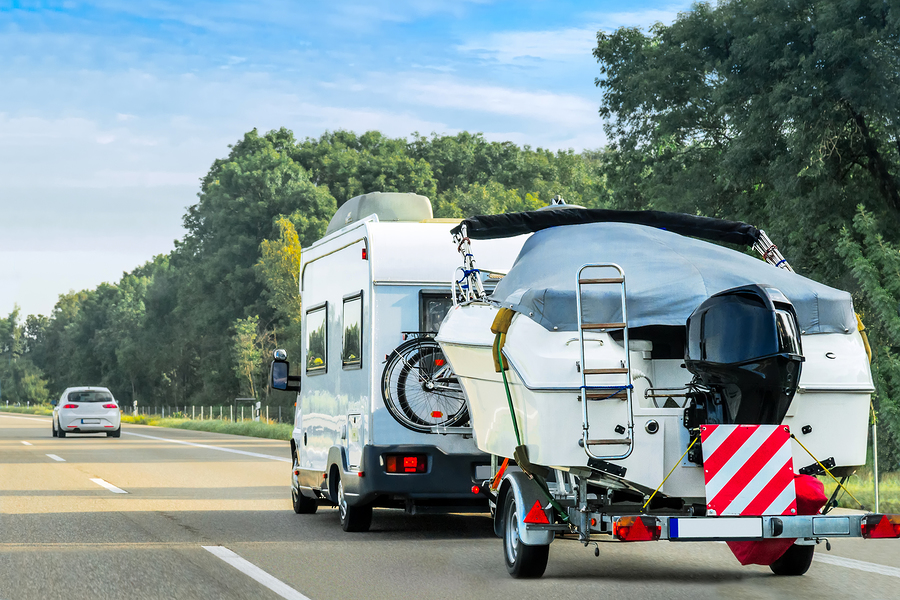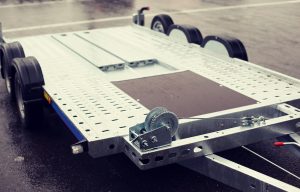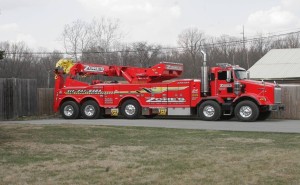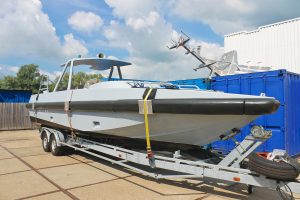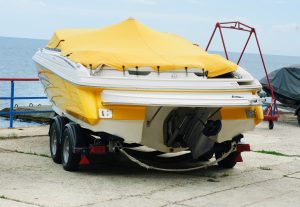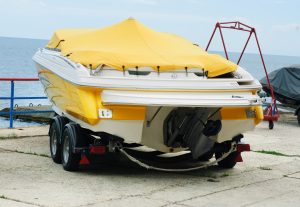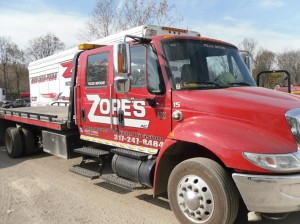Riding a personal watercraft (PWC) like a Jet Ski® or WaveRunner® is one of the most exhilarating ways to enjoy the lake. But what happens when your PWC breaks down in the middle of your adventure? This blog post will guide you through the essential steps to take when faced with a PWC breakdown, ensuring both your safety and the timely recovery of your beloved watercraft.

The Responsibility of Personal Watercraft Ownership and Use
Owning a personal watercraft offers endless fun and a sense of freedom on the water. Whether you’re riding solo or with friends, the thrill of gliding through the waves is unmatched. However, it’s crucial to be prepared for potential issues, including breakdowns, that could occur while you’re out on the lake. This preparation ensures that you can handle unexpected situations calmly and efficiently.
Understanding Common PWC Breakdowns
Knowing the common issues that can cause a PWC to break down is the first step in being prepared. Some of the most frequent problems include engine failure, overheating, fuel system issues, and electrical malfunctions. Understanding these issues can help you diagnose the problem quickly and determine the best course of action.
Engine Failure: Engine failure is one of the most common problems PWC owners face. This can be due to various reasons, such as lack of maintenance, old fuel, or mechanical issues. Regular engine checks and proper maintenance can help prevent these issues.
Overheating: Overheating can occur if the cooling system is blocked or if there’s a lack of water flow. Regularly checking the cooling system and ensuring it’s free of debris can help avoid this problem.
Fuel System Issues: Problems with the fuel system, such as clogged filters or a faulty fuel pump, can cause your PWC to stop working. Make sure to check the fuel system regularly and replace any faulty parts. Sometimes they just run out of gas.
Electrical Malfunctions: Electrical issues, including dead batteries and faulty wiring, are also common. Keeping the electrical system in good condition and checking for any signs of wear and tear can prevent these problems.
Safety Tips for PWC Operators
Safety should always be a priority when operating a personal watercraft. Here are some essential safety tips to keep in mind:
- Wear a Life Jacket – Always wear a life jacket when operating a PWC. It’s a simple precaution that can save your life in an emergency.
- Carry Safety Equipment – Make sure to carry essential safety equipment, such as a fire extinguisher, a whistle, rope, and a first aid kit. These items can come in handy during unexpected situations.
- Stay Within Designated Areas – Operate your PWC within designated areas to avoid accidents and ensure help is readily available if something goes wrong.
Steps to Take When Your PWC Breaks Down
If your PWC breaks down on the lake, follow these steps to ensure your safety and the swift recovery of your watercraft.
- Assess the Situation – The first step is to assess the situation calmly. Check if anyone is injured and ensure everyone is wearing a life jacket. Determine the cause of the breakdown if possible.
- Signal for Help – Use a whistle, hand signals, or other means to signal for help. If you have a phone, call for assistance. Make yourself visible to other boaters or rescue teams.
- Stay with Your PWC – It’s generally safer to stay with your PWC rather than attempting to swim to shore. The watercraft is easier to spot from a distance, and staying with it ensures you don’t get separated.
Importance of Timely Rescue and Recovery
Timely rescue and recovery are crucial when dealing with a PWC breakdown. Delays can lead to further complications, such as the PWC drifting away or worsening weather conditions.
Avoiding Additional Damage
Leaving your PWC stranded for too long can cause additional damage. Waves and weather can push it into rocks or other obstacles, leading to costly repairs.
Ensuring Your Safety
A timely rescue ensures that you and your passengers remain safe and that you’re not left stranded on the lake for extended periods.
Contacting a Wrecker Service for PWC Towing and Recovery
One of the best ways to ensure the safe recovery of your PWC is to contact a professional tow truck service. These services specialize in flatbed towing for PWCs and can safely transport your watercraft to a repair facility.
They have the equipment and expertise needed to handle PWC towing and lake recovery. Moreover, they can provide quick and efficient winching and hauling service, minimizing the risks of additional damage. Look for tow truck services with good reviews and a solid reputation. Ask fellow PWC owners for recommendations and do some research online.
What to Expect During the Towing Process
During the towing process, the towing company will securely load your PWC onto a flatbed truck and transport it to the desired location. They will ensure that the watercraft is handled with care to prevent any damage.
Maintenance Tips to Prevent Future Breakdowns
Preventative maintenance can help you avoid future breakdowns and extend the life of your PWC. Here are some tips to keep your watercraft in top condition:
- Regular Inspections – Perform regular inspections of your PWC, checking for any signs of wear and tear. Pay special attention to the engine, fuel system, and electrical components.
- Follow Manufacturer Guidelines – Follow the maintenance guidelines provided by the manufacturer. This includes regular oil changes, filter replacements, and checking the cooling system.
- Store Properly – Store your PWC properly when not in use. Keep it in a dry, covered area to protect it from the elements and ensure it remains in good condition.
Conclusion
Dealing with a PWC breakdown can be stressful, but knowing what steps to take can make the situation more manageable. By understanding common breakdown issues, practicing safety measures, and knowing how to contact professional tow truck services, you can ensure the timely recovery and continued enjoyment of your watercraft. For expert assistance, contact a trusted tow truck service for watercraft towing today. They will help you get back on the water in no time!
Did your Jet Ski® or WaveRunner® break down on Geist Lake? Maybe your boat or trailer broke down? We can tow it for you in no time at all. Contact Zore’s Towing at 317-247-8484 for 24 hour towing services in Indianapolis, Geist, Morse, and More. We transport all throughout Indiana and across state lines.
Related Posts:
Into Smoother Waters: The Guide to Professional Boat Towing
6 Maintenance Tips for Your Personal Watercraft Trailer
Navigating the Breakdown: A Complete Guide to the Towing Process

